Voting in the dark carries some risks
It is all very well to vote on general impressions — and, being personable and warm, Phelps is a clear winner in that arena — but those qualities are no guide to parliamentary or political behaviour.
Opinion
Don't miss out on the headlines from Opinion. Followed categories will be added to My News.
- Kerryn Phelps’ bid to juggle council and Canberra
- Ian Kiernan to be farewelled in state memorial service
In the cases of political candidates who are not personally well-known, their party affiliation generally gives a reasonable guide to whatever views they may hold and the direction they will vote in parliament if elected.
A Liberal candidate, for example, can be expected to follow the established policies of his or her party. This also applies to candidates for the Nationals, Labor and the Greens.
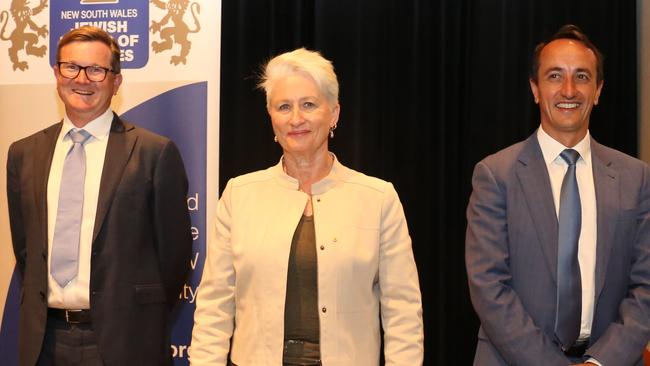
But independent candidates, even if they have a relatively high profile, are another matter. Often, there is no way of telling which way they will vote and what policies they will pursue until after they are elected.
Sometimes expectations in this regard are confounded. In 2010, independent candidates Tony Windsor and Rob Oakeshott were both elected as MPs by their broadly conservative seats. When the time came for the pair to nominate which side they would support following that year’s fiendishly close election, however, they went against the views of majorities within their conservative-leaning electorates. Both Windsor and Oakeshott eventually sided with Julia Gillard’s Labor Party.
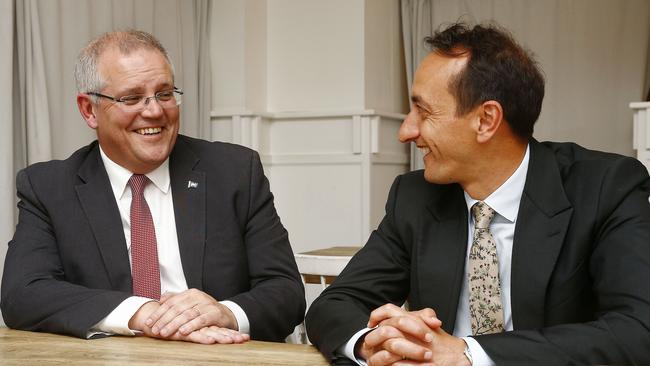
Their move ushered in one of the more clumsy and chaotic governments in recent Australian history. And then, rather than face the judgment of their respective electorates in the 2013 vote, both men quit prior to polling day.
They did no good for the cause of independent candidates, a topic again of intense interest as Dr Kerryn Phelps leads in recent polls ahead of Saturday’s crucial Wentworth by-election.
Phelps is a nationally known figure, and is particularly well-known throughout Sydney.
Yet her politics — and the likely ways she will vote if elected — can only be guessed at.
It could well be that Phelps, a very successful and hardworking individual, is intensely pro-business on some issues. It could also be that Phelps would share views in common with the Greens on other issues. The point is, voters in Wentworth do not really know.
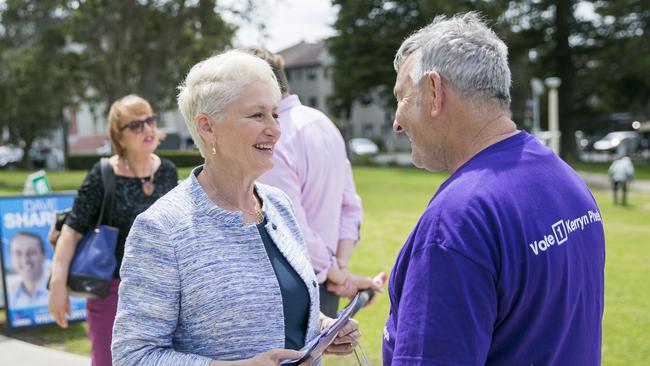
It is all very well to vote on general impressions — and, being personable and warm, Phelps is a clear winner in that arena — but those qualities are no guide to parliamentary or political behaviour.
If Liberal Dave Sharma or Labor’s Tim Murray prevail on Saturday, voters will know how our parliament will be configured.
If Phelps succeeds, the conflict over Wentworth may only be beginning.
Station falling on deaf ears
To mark the historic royal visit to Dubbo, radio station Triple M yesterday took sneering aim at the great inland city.
“We tried to pull together a guide of must-see things to do in DubVegas,” the station posted on its Twitter feed. “At least we tried.”
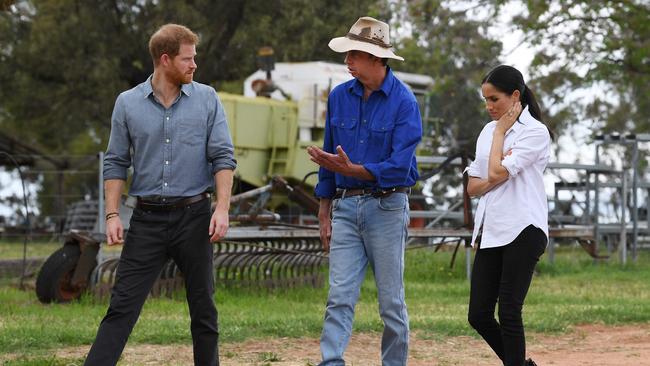
Triple M’s list of the “top 15 things to do in Dubbo” included just three options. How very droll.
They missed one thing, however. Dubbo has radio stations that people actually listen to.
We owe do much to Ian
Environmentalism has become a controversial field, yet Ian Kiernan was always a unifying rather than divisive figure.
The concept was initiated in 1989, when the first Clean Up day volunteers hauled an entire VW Beetle out of Sydney Harbour.
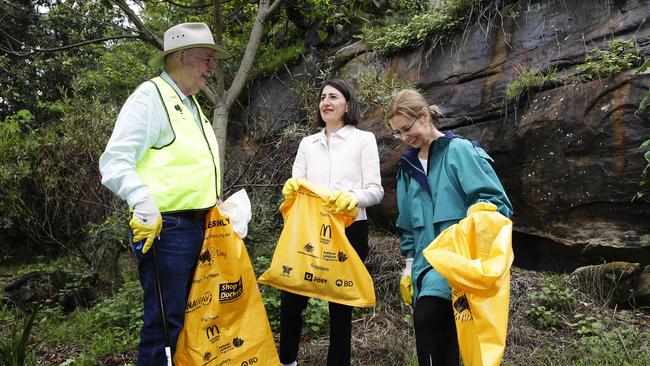
“His passion for our oceans, which started all of this for him, and Australia’s coastal lifestyle in particular is something that I think struck a real chord,” Prime Minister Scott Morrison said yesterday.
“The thing Ian did more than anything else was just tap us all on the shoulder and say ‘hey, we’ve got to take care of this — this is our responsibility’.”
Kiernan was big on personal responsibility, as an apparent gunman discovered when he rushed at Prince Charles in 1994 armed with a starter’s pistol.
“As I took him down, I saw that he’d dropped the firearm, so I thought ‘well that’s gone, but he might have a knife’, so I cranked up the headlock a bit more,” Kiernan later said.
It was just another way of cleaning up Australia.
